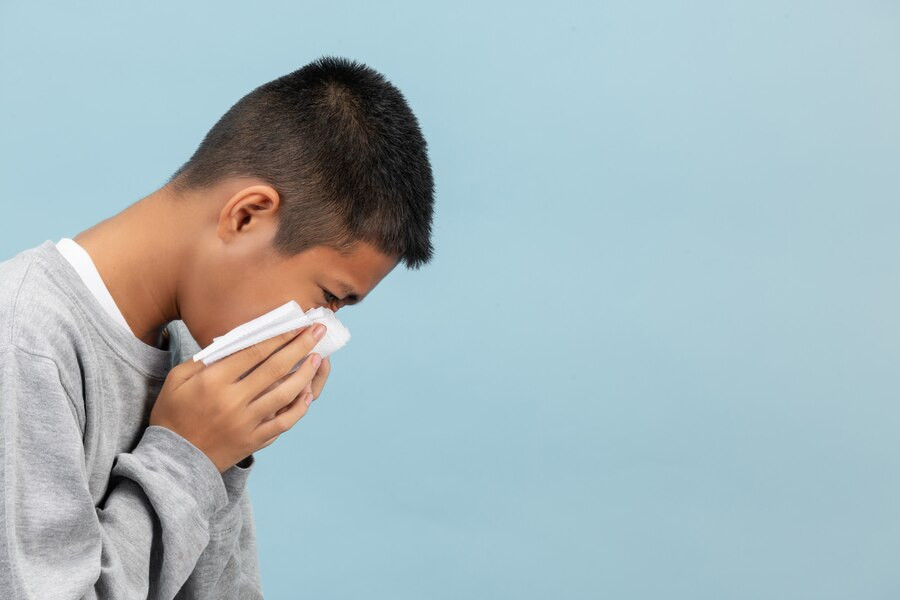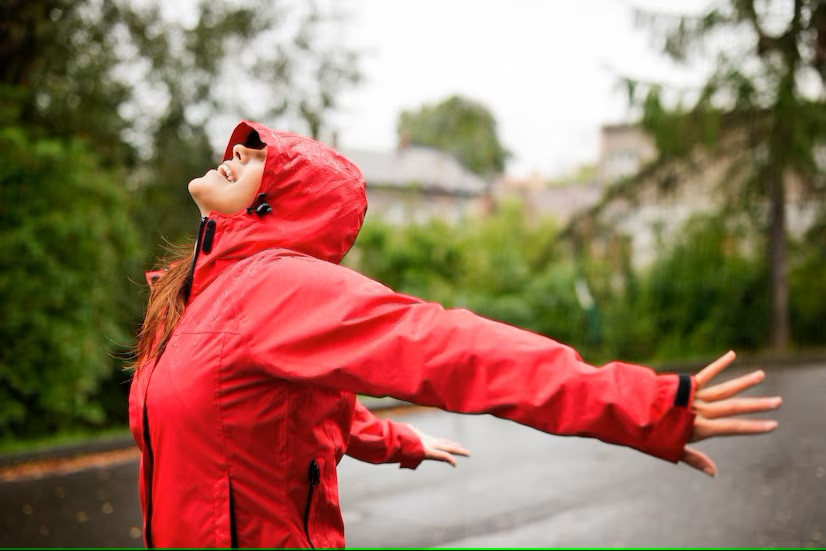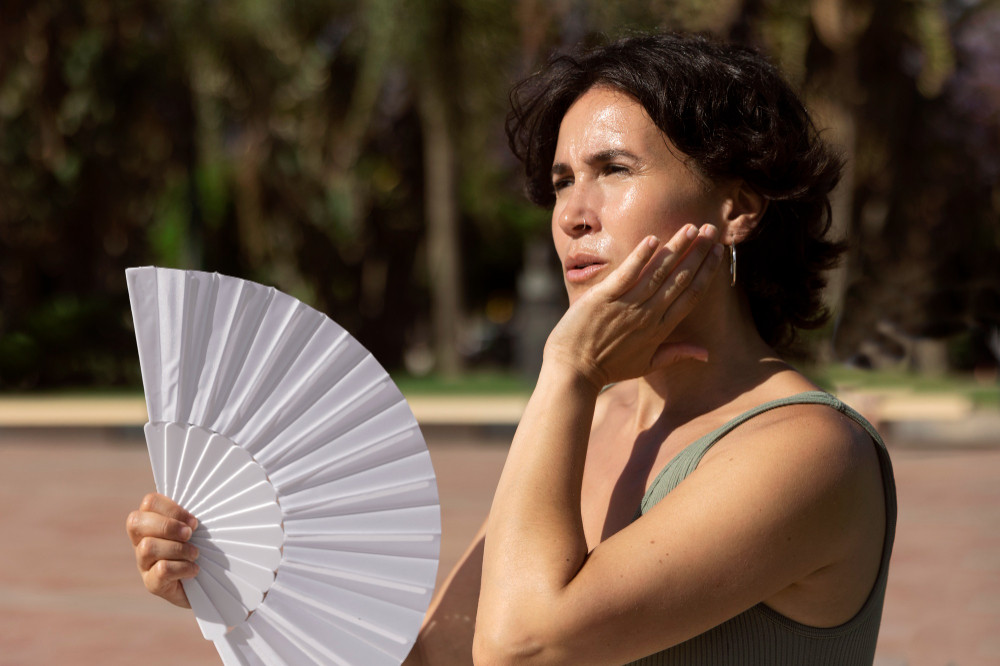Recently, many parts of Indonesia have been experiencing unpredictable weather patterns, with sudden shifts from hot spells to heavy rainfall.
These extreme weather changes can have an impact on health. For example, warmer and more humid conditions can lead to an increase in disease-carrying mosquitoes, which spread illnesses like dengue fever, malaria, and Zika. In areas where the weather transitions between dry and rainy seasons, drastic temperature shifts can also lead to respiratory infections.
Why Do Weather Changes Make You Easily Sick?
It’s common for people to feel more vulnerable to sickness during changes in the weather. This isn’t just a coincidence—there are several reasons why weather fluctuations can make it easier for your body to get sick, including:
Lower Temperatures and Immune System Function
As we enter the rainy season, a drop in temperature can trigger a physiological response in the body that weakens the immune system.
Lower body temperatures can reduce the effectiveness of the immune system in fighting off infections.
Additionally, cold air causes blood vessels in the respiratory tract to constrict, which slows down blood flow and limits the number of immune cells that can reach areas where infections may occur. This makes it easier for viruses like the flu to take hold.
Changes in Air Humidity
Changes in weather often bring about shifts in humidity levels, which can affect your health. When the air becomes dry, the mucus in your respiratory system can dry out as well.
This mucus is an important defense mechanism that helps trap harmful microorganisms before they enter the body. When the mucus layer is compromised, it becomes easier for viruses and bacteria to enter, increasing the likelihood of getting sick.
On the other hand, high humidity levels can also have negative effects, particularly for people with asthma or allergies. Humid air promotes the growth of mold and the spread of allergens, which can trigger respiratory issues and other allergic reactions.
More Time Spent Indoors
During colder weather, people are more likely to stay indoors, which increases the chances of spreading illnesses. This is particularly true in areas with limited ventilation or air circulation.
Sudden Temperature Changes
Sudden shifts in temperature, such as moving from an air-conditioned room to hot outdoor weather, can put stress on the body. This sudden change can weaken the immune system, making it more susceptible to viruses or bacteria.
Reduced Sunlight Exposure
When the weather is cloudy or rainy, there’s less exposure to sunlight, which is crucial for the production of vitamin D. Vitamin D plays a key role in supporting the immune system, so a lack of sunlight can lower your body’s ability to fight off infections.
Adapting to Weather Changes
The body requires time to adapt to changes in weather. If the shift is sudden or extreme, it can put stress on the body, weakening the immune response.
To minimize health risks during periods of weather change, it’s important to strengthen your immune system by eating a balanced, nutritious diet, and staying active.
Also, make sure to get enough sunlight whenever possible, as it helps support immune function.
If you’re experiencing symptoms or concerns related to weather changes, you can consult with a healthcare professional through the Ai Care app, available for download on the App Store or Play Store.
Want more information on how to protect yourself from other health risks? Click here!
- dr Hanifa Rahma
Amberley Davis (2022). What is weather change sickness?. Available from: https://patient.info/news-and-features/why-does-a-change-in-the-weather-give-me-a-cold
Cleveland Clinic (2021). Can Weather Changes Make You Sick?. Available from: https://health.clevelandclinic.org/can-weather-change-make-you-sick
Chantelle Pattemore (2022). Scientists Finally Figure Out Why You're More Likely to Get Sick in Cold Weather. Available from: https://www.healthline.com/health-news/scientists-finally-figure-out-why-youre-more-likely-to-get-sick-in-cold-weather
Jamie Eske (2024). What's the link between cold weather and the common cold?. Available from: https://www.medicalnewstoday.com/articles/323431
Julie Corliss (2022). Cold-weather cautions. Available from: https://www.health.harvard.edu/heart-health/cold-weather-cautions
Stacy Simon and Shawna Seed (2023). COPD and Humidity. Available from: https://www.webmd.com/lung/copd-humidity
Danielle Dresden (2020). What to know about the health benefits of sunlight. Available from: https://www.medicalnewstoday.com/articles/benefits-of-sunlight












